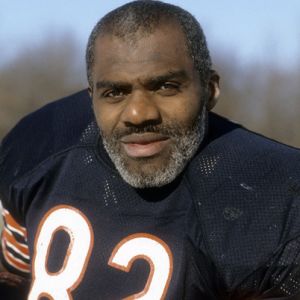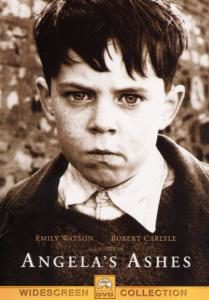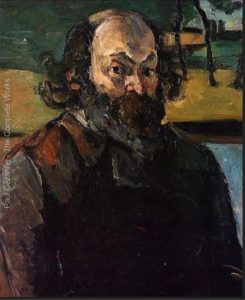Everyone knows they should plan for post-retirement – protect assets, set up health care directives, power of attorney, perhaps trusts, and a host of other planning instruments. And yet there’s a real hesitation in doing so, people put it off. We see that every day and it’s perfectly understandable, no one wants to think about growing older.
A big part of that surely revolves around an outdated concept – elder planning is planning for nursing homes and assisted care and …

Alan Page – Purple People Eater, Judge, Retired and onto a career in non-profits
That’s simply not true in 2016, witness: A retired football player turned Judge retired at 70 starting a non-profit with his wife; a retired teacher turned published poet; a retired social worker turned oboist; a sixty-nine year old laid-off from his managerial position starts a company that designs and manufactures sustainable packaging; a ninety year old retired comptroller becomes a Speedo model; an eighty year old grandmother discovers a talent for painting; a retired New York teacher wins the Pulitzer Prize with his first book in his late sixties.

Frank McCort wrote Angela’s Ashes, his first book, late in his 60’s.
The list goes on and on. What used to be an outlier – Grandma Moses, for one, who discovered her talent in her eighties, Colonel Sanders, for another, who started KFC in his sixties – has become common place.
People live longer and far healthier lives now. “Elderly’ planning is more and more about planning for life. The Legacy Project at Cornell University found that a majority of people 70 and over said they achieved a life dream or embarked on a worthwhile endeavor after turning 65.
Jan Hively received her PhD in education when she was 69. She promptly formed three organizations dedicated to empowering older adults to lead productive lives – her philosophy,
 “meaningful work, paid or unpaid, through the last breath.”
“meaningful work, paid or unpaid, through the last breath.”Elder planning, then, is more about taking advantage of what can be a wonderful time of life and doing so without worry than anything else.
Don’t look at planning as a Doomsday eventuality, look at it as the opportunity to get ready for a second act.
After all, Cézanne did his best work in his sixties..

